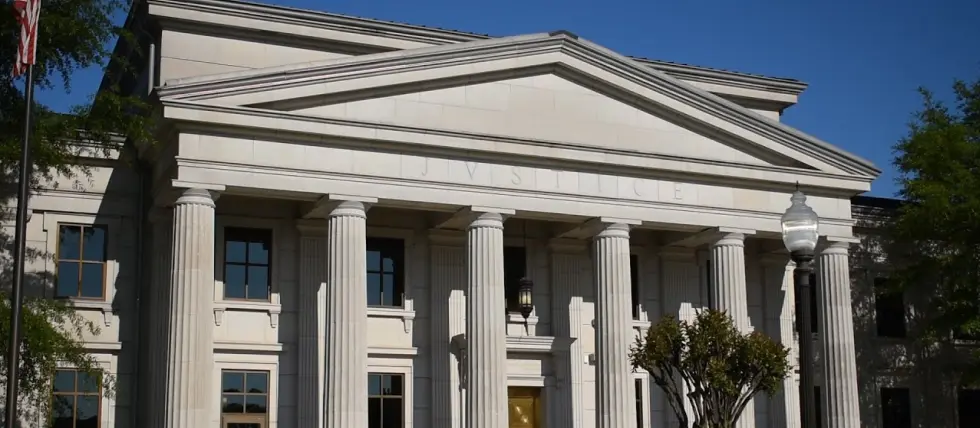Lawsuit to Block New Arkansas Casino Faces Setback
The lingering controversy over a new casino in Arkansas continues as an attempt to block a casino ballot measure in the state remains in play following a recent decision by the Arkansas Supreme Court. However, its final fate is still undetermined, with another crucial ruling pending.

The Arkansas Advocate reports that the ballot measure, known as Issue 2, aims to repeal a casino license issued in Pope County and would require that any future casino licenses be approved through a countywide special election. While this measure has made it onto the ballot, the upcoming court decision will determine whether the votes for Issue 2 will ultimately be counted.
Related: Arkansas Reforming Casino Rules in Wake of ControversyChoctaw Nation of Oklahoma, which operates a casino in Pocola, OK, near the Arkansas border, has played a significant role in supporting the initiative. The tribe donated $5.3 million to Local Voters In Charge (LVIC), the group responsible for collecting signatures to get the measure on the ballot.
The tribe had previously failed in its attempt to win a casino license in Pope County, a factor that has likely influenced its involvement in the current initiative. LVIC gathered a substantial number of signatures to move the ballot measure forward, supported by financial contributions from the tribe.
The Arkansas Canvassing Compliance Committee (ACCC), which opposes the measure, includes several high-profile individuals and entities, including Dover Mayor Roger Lee and Cherokee Nation Businesses. The latter, which won the Pope County casino license competition in June after years of battles, had supported a different group opposing the anti-casino ballot initiative, and its interests are closely tied to the outcome of the measure.
More Business News
The Law of Semantics
The ACCC's petition argued that LVIC had violated rules by financially incentivizing canvassers and spreading misinformation about the measure's purpose. The group also contended that the signatures gathered are invalid because an agent had signed affidavits on behalf of a sponsor, a process they claimed was improper.
The court sided with the earlier review's findings, rejecting the ACCC's arguments. According to the ruling, while multiple videos were presented as evidence that canvassers were offered financial incentives for collecting signatures, there was no proof of how many signatures were collected under these alleged unlawful offers. Additionally, the court found no grounds to invalidate the signatures based solely on the semantics of agent and sponsor, as the broad definition of "sponsor" under state law allowed this practice.
The decision confirmed that about 116,000 signatures were valid and should remain on the petition. Although the review found that around 6,000 signatures should be invalidated because of incorrect address information, the total number of valid signatures was still above the 90,704 threshold necessary for the measure to appear on the ballot. This aspect of the prolonged legal battle was a significant win for LVIC.
Despite the favorable ruling for the pro-initiative group, the Arkansas Supreme Court has yet to rule on another critical aspect of the lawsuit, which involves the ballot entry and popular name of the proposed constitutional amendment. The ACCC has argued that the language used in the title is misleading and does not provide voters with enough information to properly cast their votes.
Attorney General Tim Griffin acknowledged the court's ruling and noted that the court had not yet decided on the challenge to the ballot measure. He stated that until this ruling is made, it remains uncertain whether the votes will be counted. As the decision on this matter is awaited, early voting in Arkansas is scheduled to begin on October 21. Both sides continue to prepare for the outcome, which will significantly impact the future of casino development in the state.
RELATED TOPICS: Business
Most Read
Chicago Sports Betting Tax Set to Take Effect After Mayor Declines Budget Action
Dec 25, 2025Must Read
 Interviews
Interviews
Exclusive Interview: Levon Nikoghosyan Shares AffPapa Winning Formula for Successful iGaming Events
Dec 03, 2025 Interviews
Interviews








Review this New Post
Leave a Comment
User Comments
Comments for Lawsuit to Block New Arkansas Casino Faces Setback